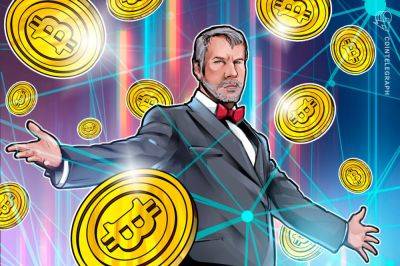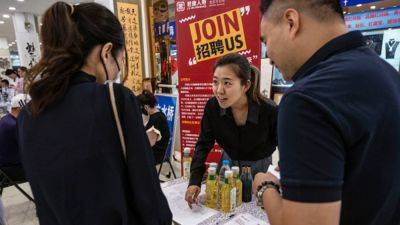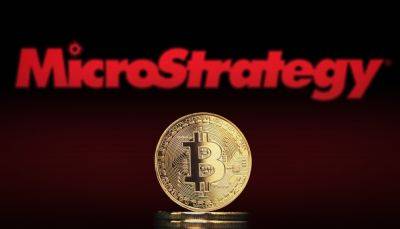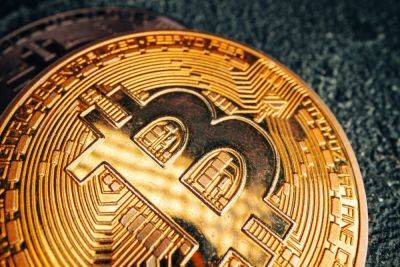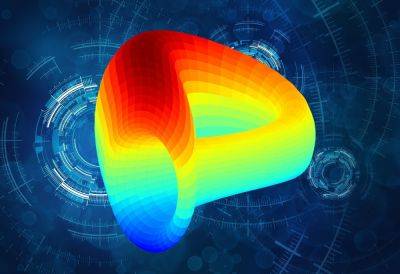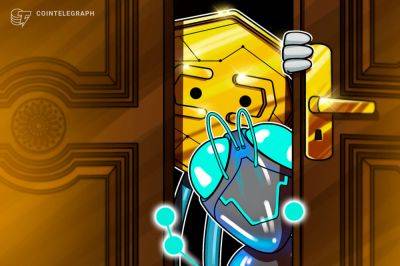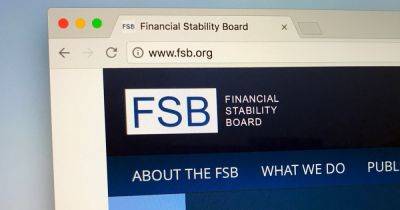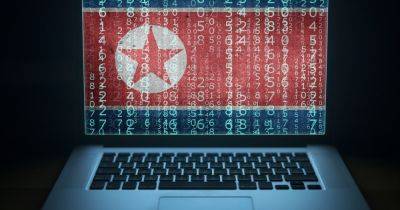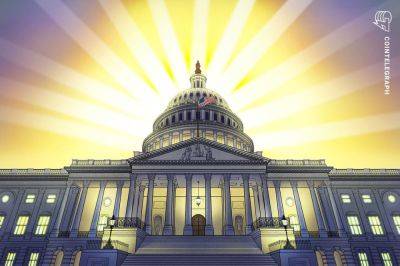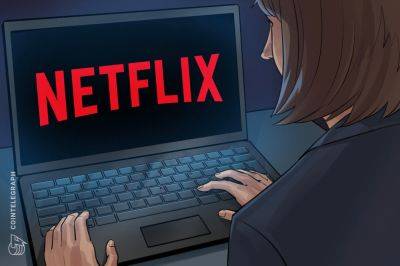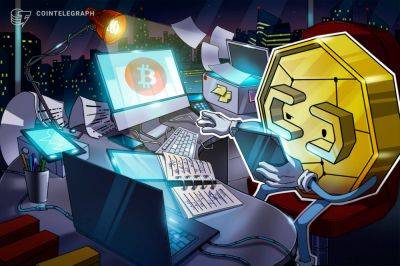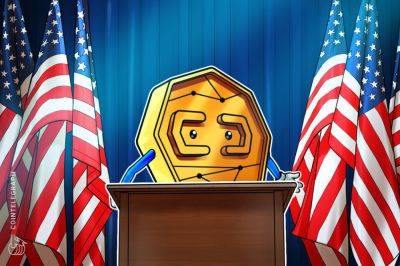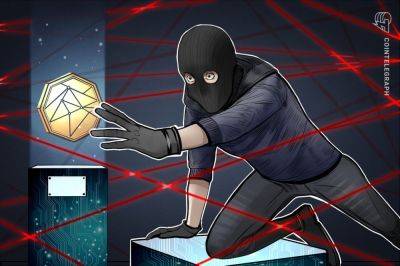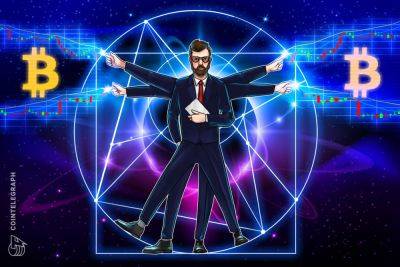A.I. is on a collision course with white-collar, high-paid jobs — and with unknown impact
The notion of technological advancement upending the job market isn't a new phenomenon.
Robots and automation, for example, have become a mainstay of factory floors and assembly lines. And it has had various effects on the workplace, by displacing, changing, enhancing or creating jobs, experts said.
Artificial intelligence — a relatively nascent and fast-moving type of technology — will undoubtedly do the same, experts said. However, it's likely such tech will target a different segment of the American workforce than has been the case in the past.
«AI is distinguished from past technologies that have come over the last 100-plus years,» said Rakesh Kochhar, an expert on employment trends and a senior researcher at Pew Research Center, a nonpartisan think tank. «It is reaching up from the factory floors into the office spaces where white-collar, higher-paid workers tend to be.»
«Will it be a slow-moving force or a tsunami? That's unknown,» Kochhar added.
In basic terms, AI is built to mimic a human's cognitive ability — i.e., to think like a human. It lets computers and machines perform tasks by themselves, Kochhar said.
ChatGPT — an AI chatbot developed by San Francisco-based OpenAI — went viral after debuting to the public in November 2022, fueling a national debate as millions of people used the program to write essays, song lyrics and computer code.
Such technology differs from robots, which generally perform physical tasks like lifting or moving objects.
In a new Pew study, Kochhar found that 19% of U.S. workers are in jobs with high exposure to AI. The study uses the term «exposure» because it's unclear what AI's impact — whether positive or negative — might be.
More from Personal Finance: Don't keep your job loss
Read more on cnbc.com

 cnbc.com
cnbc.com